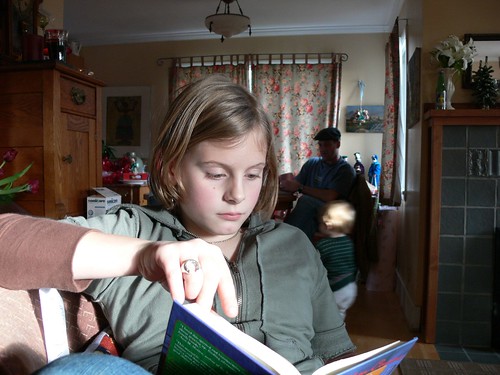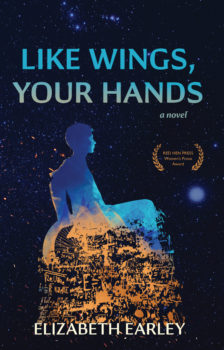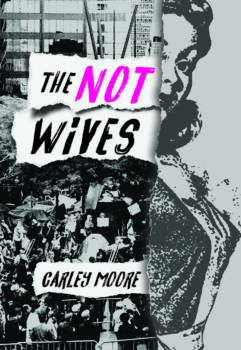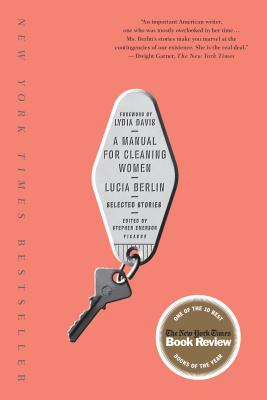 A couple of months ago there was an online kerfuffle after Bitch Magazine posted a list of 100 feminist YA books, and then removed three books from that list after a few commenters complained about them, for various reasons. Then other commenters cried censorship, including some other authors on the list who asked to be removed. You can read our original post about the melee here, and, should you dare, the 432 original comments here.
A couple of months ago there was an online kerfuffle after Bitch Magazine posted a list of 100 feminist YA books, and then removed three books from that list after a few commenters complained about them, for various reasons. Then other commenters cried censorship, including some other authors on the list who asked to be removed. You can read our original post about the melee here, and, should you dare, the 432 original comments here.
To soothe and engage, Bitch decided to let readers vote on five books that would become an online YA book club. On the first Friday of each month, anyone could gather and discuss. Yours truly decided to take up the challenge. Reader, it wasn’t easy. As if the original list and its unceremonious alteration weren’t enough of a fiasco, Bitch first delayed the book club by a month, and then waited until after 2 pm EST to start the first discussion on April 1st (no joke), thus ensuring the smallest audience possible.
Some mitigating circumstances: Bitch is based on the west coast. They are a small organization with a correspondingly small staff. I applaud their mission, their dedication to providing an online space for discussing feminist issues, and their decision to start a YA book club. BUT. Two months (the time from the original melee to the initial book club post) is an eon in internet time. And people are really busy! So after the delay is it any surprise that the robust discussion in which I was hoping to engage…completely fizzled?
 To their credit, Bitch assembled a panel of five people to frame and manage the discussion, and they seem, in this first book club outing, to be really smart and astute readers. It’s definitely worth visiting the site to read the initial Q & A about the first book club choice, Jackson Pearce’s Sisters Red.
To their credit, Bitch assembled a panel of five people to frame and manage the discussion, and they seem, in this first book club outing, to be really smart and astute readers. It’s definitely worth visiting the site to read the initial Q & A about the first book club choice, Jackson Pearce’s Sisters Red.
Sisters Red has its roots in the fairytale of Little Red Riding Hood—there’s a girl, and many wolves who threaten her. What’s different here is that the girl has a sister, and they both fight back. The book takes place in and around Atlanta, in a world not dissimilar from our own. When pretty girls go out at night, their beauty attracts the Fenris, wolves who devour them. They also attacked our heroines as children and Scarlett, the older and fiercer sister, lost an eye defending her younger sister Rosie. Now Scarlett is obsessed with hunting the Fenris, and her bloody encounters with the man-wolves have left her body covered with scars.
 As a feminist text, I found Sisters Red both interesting and deeply problematic, for many of the same reasons the panel over at Bitch discusses. The novel portrays Scarlett and Rosie as taking control of their own destiny and kicking ass. So far so good. But Scarlett is physically punished every time she fights. Large portions of the plot revolve around Silas, a male love interest who the sisters let separate them, and who, as a character, is kind of boring. The Fenris are attracted by women’s sexuality, and their attacks are silent code for sexual assaults—this aspect of the book is its weakest, but raises an important question about the Bitch list: ought it only to contain books with completely positive messages about women (is there such a book?) or does a book that tries (and perhaps fails) to address feminist issues that are important to discuss suitable for this list as well?
As a feminist text, I found Sisters Red both interesting and deeply problematic, for many of the same reasons the panel over at Bitch discusses. The novel portrays Scarlett and Rosie as taking control of their own destiny and kicking ass. So far so good. But Scarlett is physically punished every time she fights. Large portions of the plot revolve around Silas, a male love interest who the sisters let separate them, and who, as a character, is kind of boring. The Fenris are attracted by women’s sexuality, and their attacks are silent code for sexual assaults—this aspect of the book is its weakest, but raises an important question about the Bitch list: ought it only to contain books with completely positive messages about women (is there such a book?) or does a book that tries (and perhaps fails) to address feminist issues that are important to discuss suitable for this list as well?
Only once before have I been part of a book club. I don’t remember if it was during the second year of my MFA or just afterward; what I do remember is that we read and violently disagreed about Jim Crace’s Being Dead, and then broke up after more than half the group refused to spend a good chunk of the summer reading Pynchon’s Gravity’s Rainbow. Being smart-mouthed, newly-minted MFAs, we were probably bound to disagree about almost anything. I’m not sure if it’s lack of time, community, or my own snobbishness about my reading list that has kept me from joining a book club since, but I was excited about a feminist YA lit one.
 Books have the power to make us see the world differently. By telling stories, fiction gives us the opportunity to engage with situations, relationships, and concepts with which we may already be familiar, or which may be entirely foreign to us. There is no better time for this engagement, which is for many people potentially life-shaping and transformative, than adolescence. This is why the ill-named and ill-defined genre of young adult literature is so compelling to me, and, although boys certainly have their problems too, there’s no more vulnerable group of adolescents than girls. And yet Twilight, a decidedly inferior series in both the arenas of good writing and of feminist motivations, is still ascendant. Clearly, a feminist YA book club is a great idea. Maybe next month the discussion over at Bitch’s “From the Library” blog will take off. If it does, I’ll be there.
Books have the power to make us see the world differently. By telling stories, fiction gives us the opportunity to engage with situations, relationships, and concepts with which we may already be familiar, or which may be entirely foreign to us. There is no better time for this engagement, which is for many people potentially life-shaping and transformative, than adolescence. This is why the ill-named and ill-defined genre of young adult literature is so compelling to me, and, although boys certainly have their problems too, there’s no more vulnerable group of adolescents than girls. And yet Twilight, a decidedly inferior series in both the arenas of good writing and of feminist motivations, is still ascendant. Clearly, a feminist YA book club is a great idea. Maybe next month the discussion over at Bitch’s “From the Library” blog will take off. If it does, I’ll be there.
In the meantime, if anyone’s interested in talking about what makes a great feminist young adult novel, leave a comment here! I’d love to continue the discussion.
And here are some other places where interesting YA discussions are happening:





